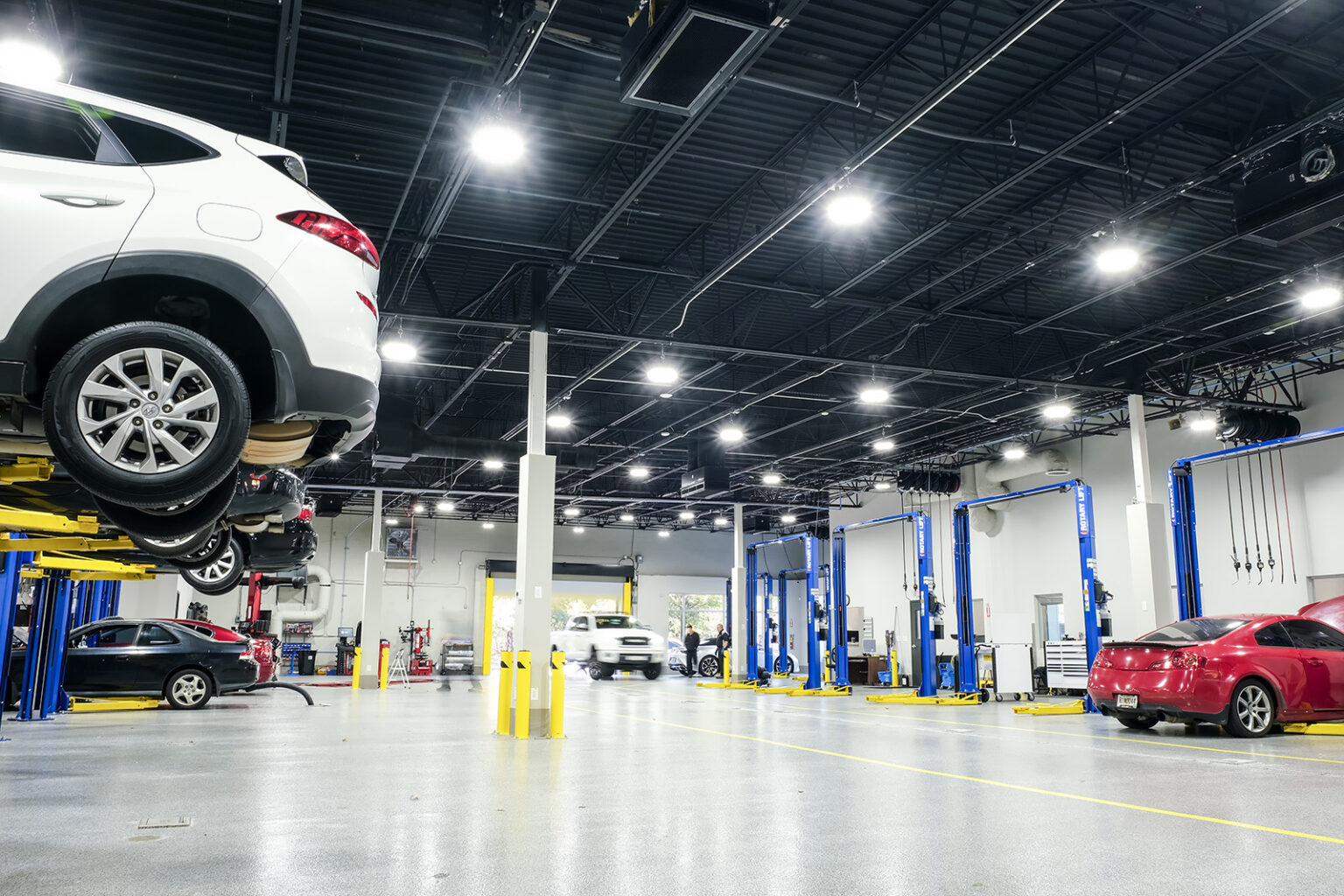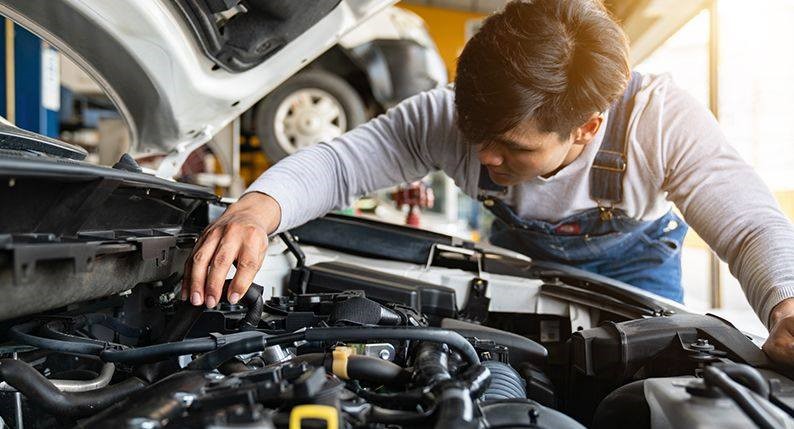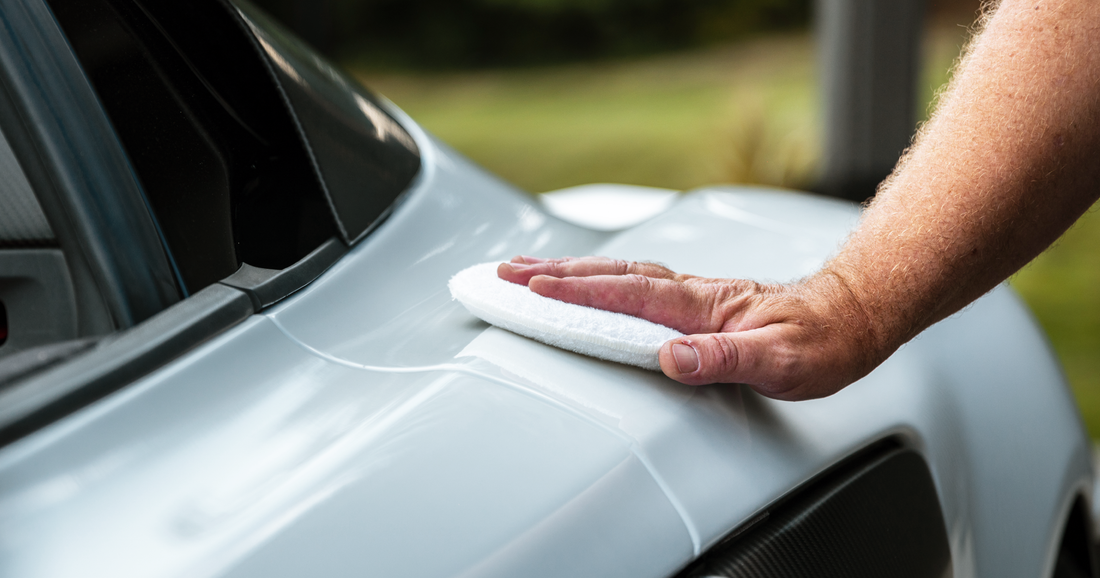All Categories
Featured
Your vehicle's engine is an intricate item of equipment that needs routine like work properly. Overlooking its maintenance can cause expensive repair services and severe concerns. By taking precautionary actions, you can maintain your engine running efficiently and stay clear of substantial prices. Below are some essential suggestions to protect your engine and expand its life-span.
Engine oil lubes inner components, decreasing rubbing and wear. Change the oil and oil filter as advised by your car's producer-- generally every 5,000 to 7,500 miles for contemporary lorries. Making use of the ideal kind of oil is just as crucial; consult your proprietor's guidebook to ensure compatibility with your engine.
The engine's cooling system stops getting too hot, which can cause serious damage. Examine coolant degrees regularly and fill up as needed. Furthermore, follow the producer's standards for flushing and replacing coolant to maintain the system working effectively.
![]()
Engines need a steady circulation of clean air for combustion. A blocked air filter can decrease gas efficiency and efficiency. Check the air filter regularly and replace it when it shows up unclean or after getting to the mileage defined in your vehicle's upkeep routine.
Weird sounds, lowered performance, or dashboard warning lights typically indicate underlying engine issues. Address these indication without delay by getting in touch with a certified auto mechanic to identify and settle troubles prior to they rise.
Fuel top quality straight impacts engine health. Use gas with the proper octane ranking for your lorry to avoid knocking and deposits in the burning chamber. Sometimes, adding a gas injector cleanser can likewise aid keep a clean gas system.
Ignition system are crucial for stiring up the air-fuel blend in the engine. Worn-out ignition system can lead to misfires, bad gas economic climate, and boosted discharges. Follow your car's upkeep schedule to change them at the advised intervals.
![]()
Aggressive driving, such as fast acceleration and tough braking, areas added stress on your engine. Preserve constant speeds and technique smooth driving behaviors to minimize unneeded deterioration.
![]()
Split or put on belts and hoses can cause getting too hot or other engine failures. Inspect these components routinely and change them if you notice any type of signs of wear, such as fraying or splits.
Dirt and debris can hurt engine elements in time. Ensure all seals are undamaged which the air consumption system is without blockages. Routine checks can protect against impurities from causing damages.
Also if your car seems to be running well, routine assessments by a relied on technician can reveal surprise concerns. A professional can identify wear-and-tear issues early, saving you from costly repair work down the line.
By complying with these safety nets, you can prevent the tension and expense of major engine repair work. Normal interest and treatment not only maintain your car trustworthy yet also boost its resale value and total performance.
- Keep the Oil System
Engine oil lubes inner components, decreasing rubbing and wear. Change the oil and oil filter as advised by your car's producer-- generally every 5,000 to 7,500 miles for contemporary lorries. Making use of the ideal kind of oil is just as crucial; consult your proprietor's guidebook to ensure compatibility with your engine.
- Check and Fill Up Coolant Consistently
The engine's cooling system stops getting too hot, which can cause serious damage. Examine coolant degrees regularly and fill up as needed. Furthermore, follow the producer's standards for flushing and replacing coolant to maintain the system working effectively.

- Display Air Filters
Engines need a steady circulation of clean air for combustion. A blocked air filter can decrease gas efficiency and efficiency. Check the air filter regularly and replace it when it shows up unclean or after getting to the mileage defined in your vehicle's upkeep routine.
- Be Alert to Caution Signs
Weird sounds, lowered performance, or dashboard warning lights typically indicate underlying engine issues. Address these indication without delay by getting in touch with a certified auto mechanic to identify and settle troubles prior to they rise.
- Usage High-Quality Fuel
Fuel top quality straight impacts engine health. Use gas with the proper octane ranking for your lorry to avoid knocking and deposits in the burning chamber. Sometimes, adding a gas injector cleanser can likewise aid keep a clean gas system.
- Change Spark Plugs in a timely manner
Ignition system are crucial for stiring up the air-fuel blend in the engine. Worn-out ignition system can lead to misfires, bad gas economic climate, and boosted discharges. Follow your car's upkeep schedule to change them at the advised intervals.
- Stay Clear Of Harsh Driving Habits

Aggressive driving, such as fast acceleration and tough braking, areas added stress on your engine. Preserve constant speeds and technique smooth driving behaviors to minimize unneeded deterioration.
- Check Pipes and belts

Split or put on belts and hoses can cause getting too hot or other engine failures. Inspect these components routinely and change them if you notice any type of signs of wear, such as fraying or splits.
- Stop Pollutants from Entering the Engine
Dirt and debris can hurt engine elements in time. Ensure all seals are undamaged which the air consumption system is without blockages. Routine checks can protect against impurities from causing damages.
- Arrange Regimen Evaluations
Also if your car seems to be running well, routine assessments by a relied on technician can reveal surprise concerns. A professional can identify wear-and-tear issues early, saving you from costly repair work down the line.
By complying with these safety nets, you can prevent the tension and expense of major engine repair work. Normal interest and treatment not only maintain your car trustworthy yet also boost its resale value and total performance.
Latest Posts
Explore Brake Repair & More: Full Repair Options from Montclare Auto Repair
Published May 23, 25
1 min read
Signs When Your Car Needs Expert Vehicle Service at Montclare Auto Repair
Published May 22, 25
1 min read
Discover the Top Auto Repair Offers in Montclare, Chicago
Published May 21, 25
1 min read
More
Latest Posts
Explore Brake Repair & More: Full Repair Options from Montclare Auto Repair
Published May 23, 25
1 min read
Signs When Your Car Needs Expert Vehicle Service at Montclare Auto Repair
Published May 22, 25
1 min read
Discover the Top Auto Repair Offers in Montclare, Chicago
Published May 21, 25
1 min read